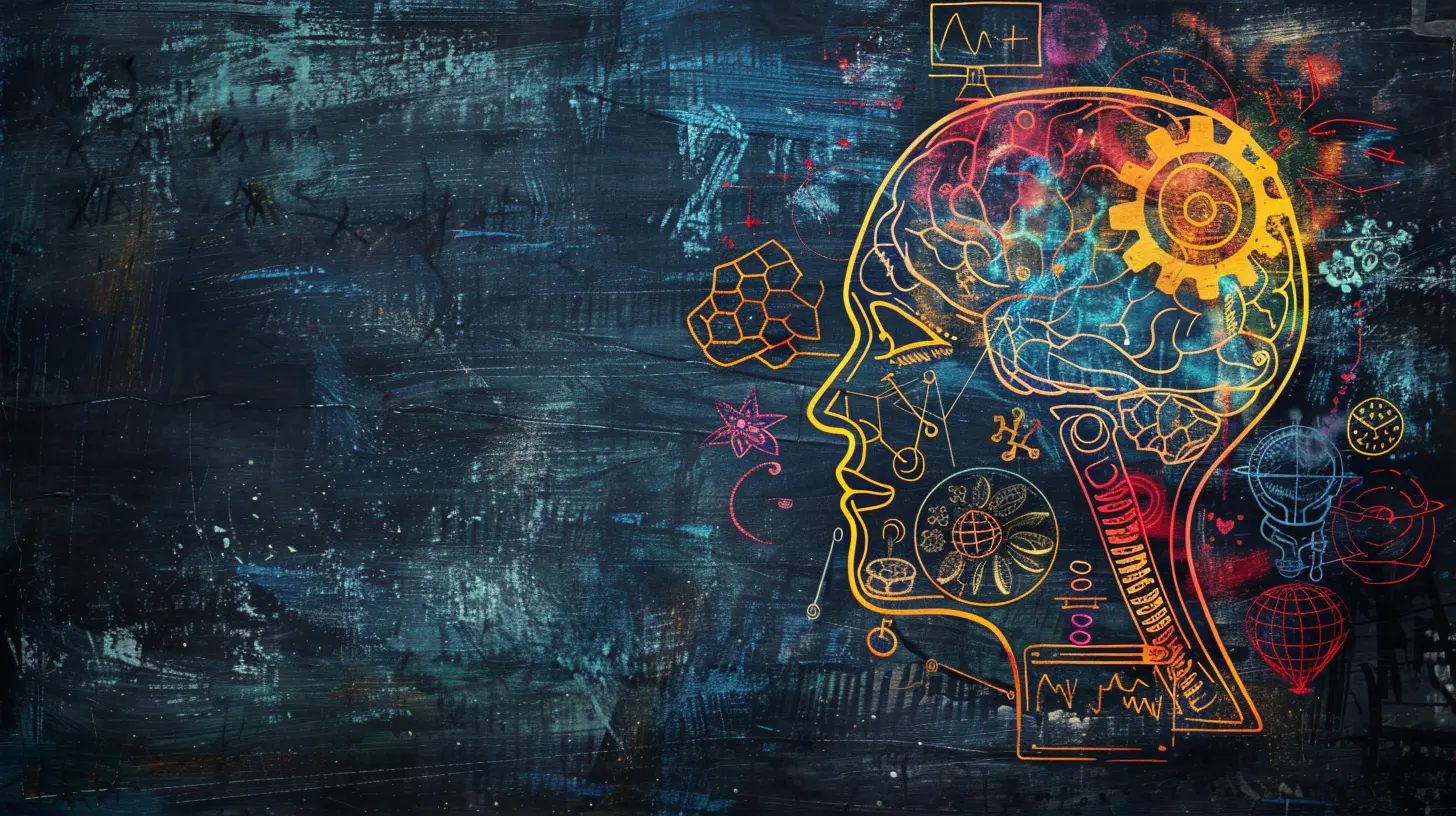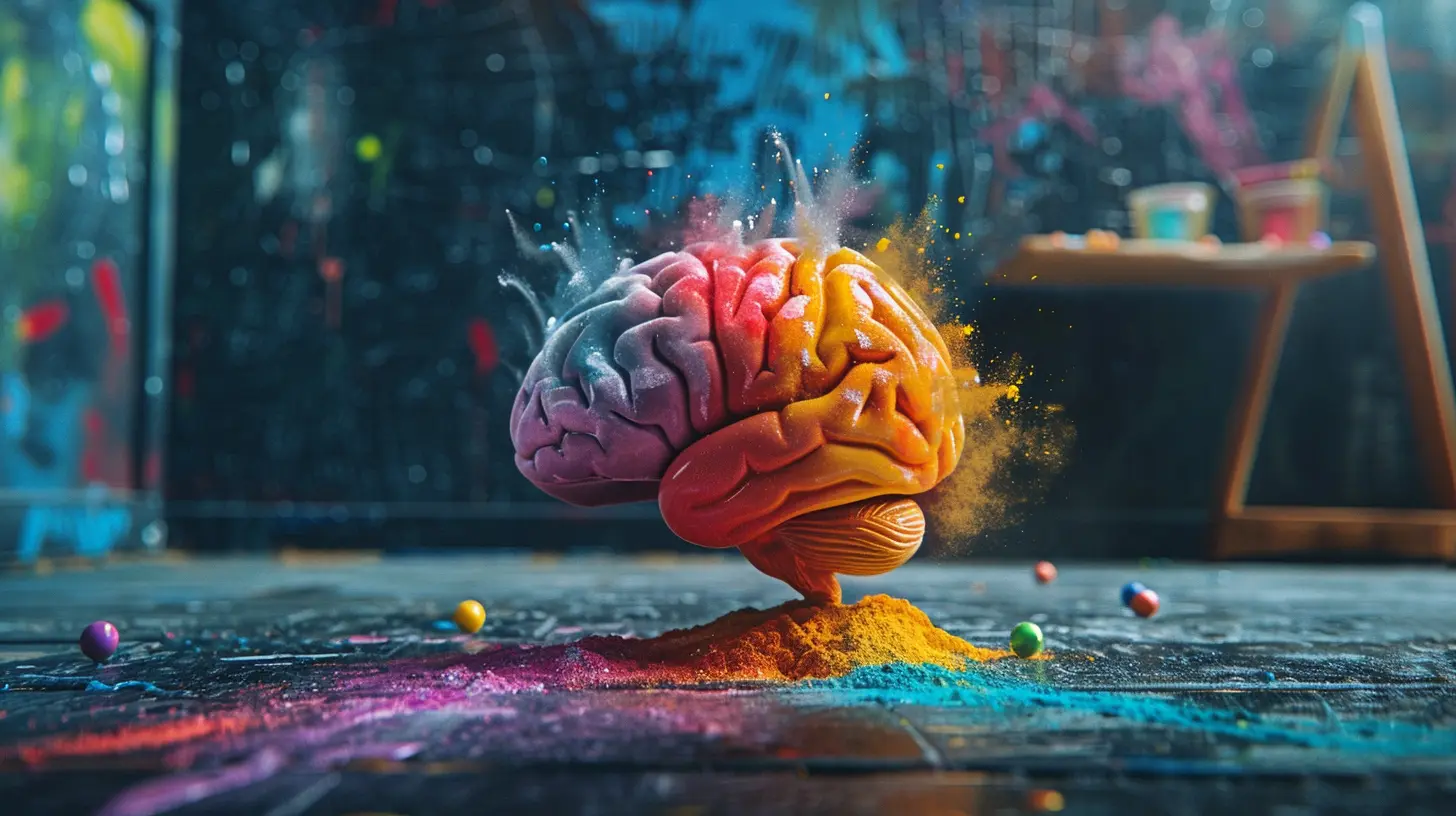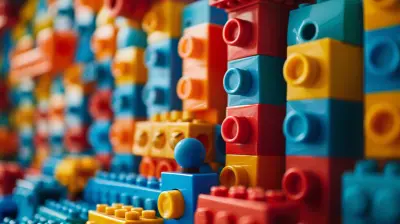The Science Behind Memory and Retention in Learning
15 July 2025
Have you ever read an entire chapter only to forget everything minutes later? Or crammed all night and barely remembered anything during the exam? Yeah, most of us have been there. But here's the kicker: it's not about how hard you study—it's about how your brain remembers what you study.
This is where understanding the science behind memory and retention changes the game. Imagine learning like planting seeds; the better the soil (your brain) and the way you water it (study techniques), the better your chances of growing a strong, lasting memory. Let’s dive into the fascinating world of memory and what truly helps us hold on to what we learn.
What Is Memory, Really?
Memory isn't just about remembering your friend's birthday or your Netflix password. In learning, memory is your brain's ability to store, retain, and recall information. It's our internal storage system, kind of like your phone’s memory—but way more complex and powerful.The Three Stages of Memory
To keep it simple, memory works in three key stages:1. Encoding – This is where learning begins. It's how your brain processes and understands new information.
2. Storage – Keeping that info safe. Either for a little while (short-term) or a long time (long-term).
3. Retrieval – Pulling that information out when you need it—like during exams or real-life problem solving.
Each of these stages plays a crucial role in how much you retain and how well you can retrieve it when it matters most.
Types of Memory That Impact Learning
Before we go any further, let's break down the different types of memory and how they affect your ability to learn and retain stuff.1. Sensory Memory
Ever touched a hot surface and instantly pulled away? That's sensory memory at work. It holds onto information from your senses for just a few seconds. It's super short, but it helps your brain decide what’s worth paying attention to.2. Short-Term Memory (Working Memory)
This is your brain's “scratchpad.” It holds onto information for about 20–30 seconds. Think of it like a browser tab you keep open just long enough to get what you need. Most people can hold about 7 items at once here. It's essential for mental math, following instructions, or answering a question right after reading it.3. Long-Term Memory
Now here’s where the magic happens. Long-term memory is where you want information to go for exams, new skills, and deep understanding. This system can store massive amounts of information indefinitely. But the tricky part? Not everything makes it there.So, how can you make sure what you’re learning actually transitions into long-term memory? That’s where memory and retention strategies come in.
How the Brain Stores and Retrieves Information
Let’s geek out a little—because this part is super cool.Your brain is full of neurons (think of them as communication highways). Every time you learn something new, these neurons fire up and form connections called neural pathways. The more you revisit and use that info, the stronger those pathways get. Kind of like turning a dirt trail into a paved road.
This process is called neuroplasticity, and it explains why practice makes perfect. Every time you review or use information, you're reinforcing those pathways, making it easier for your brain to find and use that knowledge later.
Factors That Influence Memory and Retention
There’s no one-size-fits-all formula, but several key factors can make or break how well you remember something.1. Attention
If your mind's wandering while studying, good luck remembering anything. Attention is the gateway to memory. Your brain needs focused time to properly encode new info. That's why multitasking while learning is a bad idea.2. Sleep
Think pulling all-nighters is productive? Think again. During sleep, your brain consolidates memories—basically organizing and storing what you’ve learned. No sleep = weak memory.3. Stress
Ever blank out during a test? That’s stress messing with your retrieval process. High stress releases cortisol, which can interfere with your brain’s ability to access stored information. Relaxing and managing stress is crucial for better recall.4. Emotions
Have you noticed you remember emotionally charged events better? That’s because emotion boosts encoding. Attaching meaning or feeling to learning can seriously enhance your retention.Proven Strategies to Boost Memory and Retention
Now that we get how memory works, let’s talk about what actually helps us remember stuff better. These aren’t hacks—these are brain-backed strategies.1. Spaced Repetition
Cramming might help you scrape by, but if you want to actually remember it long-term, use spaced repetition. This means reviewing material at increasing intervals—right when you’re about to forget it. Apps like Anki and Quizlet use this method, and they’re gold.2. Active Recall
Put down the highlighter and test yourself instead. Active recall is the practice of pulling information from your brain without looking. It's like doing reps at the gym—the more you practice recalling something, the stronger the memory becomes.3. Chunking
Instead of trying to remember a massive list, break it into smaller bits or “chunks.” This is how phone numbers are formatted: 123-456-7890 instead of 1234567890. It’s easier for your brain to cling to bite-sized info.4. Mnemonics and Visualization
Turn boring info into sticky memories with acronyms, rhymes, or even mental images. Think “PEMDAS” for math or remembering the Great Lakes with “HOMES” (Huron, Ontario, Michigan, Erie, Superior). The weirder the image, the better your brain holds onto it.5. Teach What You Learn
Ever tried explaining something to a friend and realized you didn’t fully understand it yourself? Teaching forces you to simplify and organize information—which boosts both comprehension and retention. This is known as the “Protege Effect.”6. Interleaving
Instead of studying one topic in isolation (like solving 20 algebra problems back-to-back), mix in different but related topics. This makes your brain switch gears and strengthens connections between concepts.Technology and Its Role in Modern Learning and Memory
With smartphones, AI, and e-learning platforms, studying has definitely evolved. But attention spans? Not so much.The Good:
- Interactive apps and videos cater to different learning styles.- Spaced repetition software automates review schedules.
- Gamified learning keeps students engaged.
The Bad:
- Instant gratification culture discourages deep learning.- Notifications, social media, and multitasking kill focus and retention.
The key? Use tech to your advantage, but stay intentional. Real learning happens in focused, distraction-free environments.
Nutrition and Physical Health: The Unsung Heroes
Nobody talks about this enough, but your brain is an organ. And like any part of your body, it needs fuel and rest.Best Brain Foods for Memory:
- Omega-3 rich fish (like salmon)- Berries (full of antioxidants)
- Leafy greens
- Nuts and seeds
- Dark chocolate (yes, really)
Also, regular physical activity improves blood flow to the brain and boosts memory. You don't need to run a marathon—a 20-minute daily walk can work wonders.
Final Thoughts: It’s All About Smart Learning
Memory isn’t about “trying harder”—it’s about working smarter. By understanding how the brain encodes, stores, and retrieves information, you can design your study habits around what actually works.Let’s be real—learning something new can be frustrating. But it can also be incredibly satisfying when things finally stick. So, whether you’re prepping for finals, learning a new language, or leveling up your skills at work, remember this: your brain is wired to learn. You just have to give it the right tools.
So next time you're about to dive into study mode, pause and ask yourself: "Am I helping my brain remember this?" If the answer is no—try one of the science-backed strategies we talked about. You’ll be amazed at the difference.
all images in this post were generated using AI tools
Category:
Educational PsychologyAuthor:

Eva Barker
Discussion
rate this article
1 comments
Summer Weber
Unlocking the secrets of memory could revolutionize education as we know it. What if the key to mastering knowledge lies not just in repetition, but in understanding the intricate dance between emotion, environment, and cognition? Dive deeper, and uncover the hidden layers of your mind.
July 22, 2025 at 12:20 PM

Eva Barker
Absolutely! Exploring the interplay of emotion, environment, and cognition can transform our approach to learning and memory retention. Understanding these connections can enhance educational methods and deepen our grasp of how we acquire knowledge.


